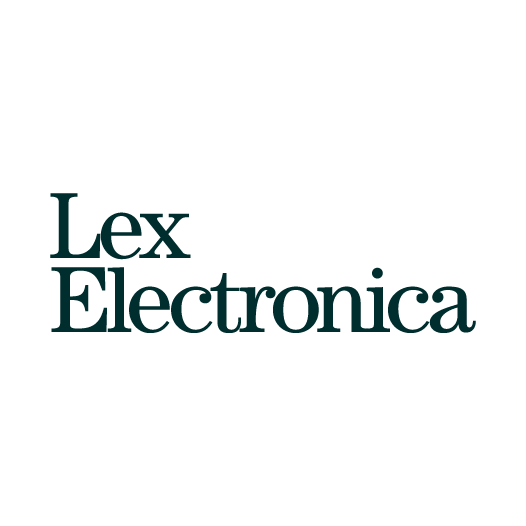Espionnage économique et droit : l’inutile création d’un bien informationnel
1 Juriste en contrats et nouvelles technologies; Docteur en Droit.
Résumé
La question de la propriété de l’information est reformulée en tenant compte de la problématique de l’espionnage économique, pratique déloyale ayant pour objet prioritaire l’accès à l’information privée d’un concurrent. L’atteinte aux intérêts légitimes d’un concurrent résulte du seul transfert de connaissance et peut donc être théoriquement indépendante d’une éventuelle contrefaçon ou d’un acte de parasitisme. C’est dans la perspective de cet accès illégitime à la seule information d’un concurrent qu’est ici envisagée la propriété de l’information per se. À l’heure actuelle, l’existence d’une telle propriété de l’information n’est pas démontrée en droit, l’information n’étant qu’une « chose » et non un « bien ». Mais, en reconnaissant que l’information peut être volée indépendamment de tout support, le droit pénal semble admettre indirectement cette propriété. De même, une jurisprudence ancienne relative à la concurrence déloyale protège celui qui ne peut se prévaloir d’un droit privatif, ce qui implique une « réservation » juridique de l’information, forme de « quasi-propriété ». Cela tend à démontrer que la propriété de l’information est juridiquement concevable. Cependant, les débats doctrinaux se sont rarement orientés vers la question de la réparation, essentielle en matière d’espionnage économique. Dans cette perspective, la reconnaissance d’une propriété de l’information est en réalité très limitée compte tenu du préjudice pouvant résulter de la perte d’exclusivité de l’information, préjudice pouvant être bien supérieur à la valeur de l’information elle-même. Plutôt que de reconnaître un droit de propriété sur l’information, la solution serait peut-être d’accorder à l’entreprise un droit subjectif à la protection de ses informations confidentielles, droit protégeant civilement contre la seule appréhension illégitime de telles informations.
English
Questions concerning the property of information must be rewritten in order to acknowledge the problems hailing from economic espionage, a disloyal practice that mainly implies gaining access to a competitor’s private data. Such an attempt against a competitor’s legitimate interests arises from the simple transfer of knowledge and, therefore, is theoretically independent from an eventual form of forgery or industrial parasitism. It’s in this perspective of illegitimate access to a competitor’s information that we envision informationper se as property. Such a property right in regards to information is not noticeable in current legislation, since information is mainly regarded as a “thing”, rather that an “asset”. However, in recognizing that information can be stolen independently from it’s container, penal law seems to willingly admit that such property is possible. On the same note, jurisprudence from years past concerning unfair competition protects those who cannot invoke their property rights, granting some sort of a judicial "reservation" towards information, something seemingly very close to property. This tends to demonstrate that the property of information is not inconceivable from a judicial standpoint. Nevertheless, doctrinal debates on the subject have rarely been oriented towards the question of repairing prejudice, which is essential when assessing economic espionage. In this perspective, information as a form of property is therefore very limited if one stops to consider the prejudice resulting from the loss of exclusive rights on information, a prejudice which can surpass the value of the information itself. Instead of recognizing a property right on information, it might be more efficient to grant companies a subjective right to the protection of their confidential data, a civil right which would protect against the illegitimate apprehension of such information.
